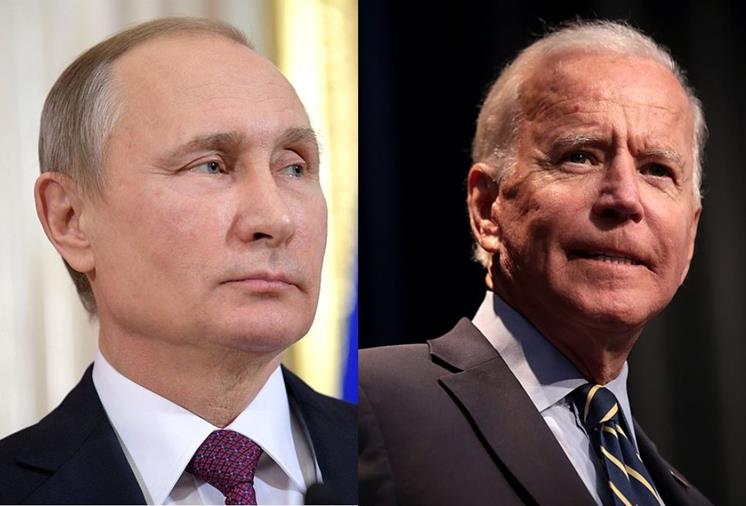On Wednesday, June 16, presidents Joseph Biden and Vladimir Putin will hold their first summit meeting in Geneva. Taking place amidst heightened tensions between the United States and Russia, relations between Washington and Moscow are arguably at their lowest point since the end of the Cold War. Serbia’s top-rated Happy TV network asked me, from my current vantage point in Switzerland, to provide some background to this event. The following is a translation of this interview. The first question was whether the Swiss were excited about the meeting taking place on their soil.
ST(at 58 sec): The Swiss are well-used to hosting top-level meetings and conferences. There was a news item that the villa [La Grange] just south of Geneva, where Biden and Putin are due to meet, has been made fully secure by the Swiss services. Everything is ready, but that is a routine matter. The people here do not take a great deal of interest in foreign policy questions which concern other nations, and such issues are not notably present in the public discourse.
Q: Do the Swiss media speculate on what the agenda of the meeting between Biden and Putin might be?
ST: Quite frankly, in recent days I’ve been focusing primarily on the American media. There was a noteworthy appearance by Secretary of State Antony Blinken, on CNN’s “State of the Union” on Sunday morning. There was also an earlier related statement by Biden himself, and both of them have made rather discouraging remarks. Biden said that it depends solely on Russia whether there will be an improvement in relations, that it has to refrain from further “harmful activities.” He was alluding to interference in U.S. elections, for which no solid evidence exists. The claim that it appears that some Russian hackers were behind last winter’s power outages in Texas has morphed into the assertion that the Kremlin itself was behind it, which is nonsense.
It is to be expected that Biden will use this opportunity for some theatrical gesture, like telling Putin to his face and in no uncertain terms what he thinks of his policies. He will try to score some points in line with his slogan “America is back!” That is supposed to imply America’s return to the leadership of the “international community,” which actually means her return to striving for global hegemony. [President Donald] Trump tried to abandon that strategy during his four years in the White House, but he was prevented from doing so by the bureaucratic machine of the Department of State and by the American deep state, from the CIA and the FBI to the military-industrial complex.
Q: Biden has called Putin a “killer.” To this Putin replied by wishing him good health after he stumbled on the airplane steps, and in a recent interview he also praised Trump…
ST: To be honest I think it was a weak response to a scandalous statement by Biden. In my opinion, that somewhat cynical and “witty” response—wishing Biden good health—was not appropriate for a serious great power. Had Biden said the same about Xi Jinping, there is no doubt the reaction from China would have been far more dramatic. Sometimes it seems Russia has lost its sureness of touch when it comes to acting like a major power worthy of respect. That much is also obvious from the barrage of criticism Russia is subjected to from various Western sources, and not only from the west side of the Atlantic, for supposed transgressions which are not based in reality. One such item is the [Alexei] Navalny affair. In the Western media and in the statements of some Western politicians, his alleged poisoning by the Novichok nerve agent is treated as an indisputable fact, with a clear implication the order came from the very top. Such fake news needs to be sanctioned by Russia.
[Interview ends at 5 minutes, 30 seconds]
Image Credit:
Putin: The Russian Presidential Press and Information Office, CC BY 4.0 ; Biden: Flickr-Gage Skidmore, CC BY-SA 2.0



Leave a Reply